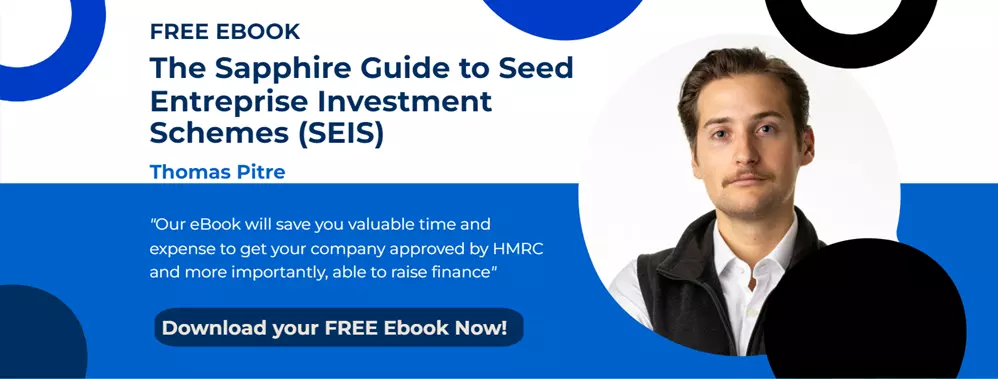 It was interesting to read in the Guardian yesterday that - last month Reuters reported crowdfunding had helped companies and individuals worldwide raise $2.7bn (£1.7bn) from the public in 2012 an 81% increase on the previous year. This year the total is predicted to hit $5.1bn (£3.3bn).
It was interesting to read in the Guardian yesterday that - last month Reuters reported crowdfunding had helped companies and individuals worldwide raise $2.7bn (£1.7bn) from the public in 2012 an 81% increase on the previous year. This year the total is predicted to hit $5.1bn (£3.3bn).
The article goes on to outline the key players in this sector - kickstarter, crowdcube, seedrs, abundance, peoplefundit. The emphasis is on how these different players help people and businesses raise money - unfortunately it doesn't report in any detail on the returns investors have enjoyed.
The long term future of this type of investing/ lending/ supporting will be determined by the returns that investors achieve. The long term success of any financial model is defined by how mutually rewarding it is. Money invested has to create a return. The return can be realised in cash or in a product or another form of reward (free tickets etc.).
With sites like Kickstarter you can pre-order the product so rewards are easy to measure - Pebble Watch being the obvious example. It has been reported that other projects have not been as successful and as kickstarter do not investigate any non delivery (as far as we are aware) - it does leave investors somewhat vulnerable. Consequently, like everything, they must choose (i.e. invest) very carefully.
It's been interesting to see that Shopify have created Kickstand. Shopify is a full service ecommerce solution provider. It has a wide range of templates and Kickstand has been designed with Kickstarter in mind. Investors pledge money to a kickstarter project with the expectation that once the raise is complete they will receive the product. What happens next is what shopify want to help with. You have a product and customer base but can't go back to kickstarter as it's not a store. Shopify will help you process and deliver future demand.
This thinking is something that may be relevant to Mike's Fancy Cheeses. A charming pitch on Seedrs describes how a young cheese maker has a plan to be the first blue cheese manufacturer in Northern Ireland. His pitch has been successful and he hit his target of £80,000. The challenge is now for Mike to convert that £80k into cheese. He has a good sales route lined up and a solid business model to underpin everything. With a large number of share holders from around the UK, they have a responsibility to go out, encourage their local suppliers to stock mike's cheeses, tell friends and family to purchase it and then eat lots of cheese. Not many startups have such a strong support base and motivated customer base.
Lets hope he has a great first year, so profits can be invested back into the business to drive further growth. The alternative is another funding round and we'll see how early investors feel about that. The fact that seedrs hold a nominee share to protect early investors provides reassurance that everything is being done as it should be - but it won't change the fact that share holding could be diluted. However, those investors that invested via Seed EIS or EIS schemes will of course see a tax benefit as a result of their investment.
Seedrs and Crowdcube - the two key FCA approved equity crowdfunding platforms are in their infancy - and we all watch with interest for their first success - from the investors' perspective - and what size of return this is.
One area of crowd funding that is already showing great returns for investors is the peer to peer lending space for small businesses. Funding Circle has already facilitated loans in excess of £100,500,000 with lenders enjoying interest payments and the knowledge they are helping businesses grow. All businesses applying for loans are exposed to a high level of scrutiny so failures are less likely. There is also a secondary market for members to sell loans so lenders have an opportunity to exit earlier than they may have planned.
This is the same position that Rolendex is taking - investors are effectively playing the role the bank does on a property investment deal and will be able to see and bid for a level of interest they think the risk demands. They will then collect interest as it is paid. This is the strength of property as an investment class, if chosen well, there is a steady income flow.
It's also interesting to watch the progress of the company Abundance which is focused on environmental energy projects. It stresses that every project will be financially rewarding for investors. If you come to crowdfunding from a charitable or sponsorship angle there may be a misplaced assumption that an environmental investment isn't going to be rewarding. Abundance have a model that shows excellent returns in the short to medium term and this approach focused on a traditional investment model should be encouraged.
As investors come to this space, they have an opportunity to create a portfolio with a full spread of risk and return. As the UK Crowd Funding Association campaigns for effective regulation for the sector it will interesting to watch how the financial sector embraces it. The key will be to see if large numbers of investors, who seek good returns, actually decide to embrace crowdfunding over the longer term.



